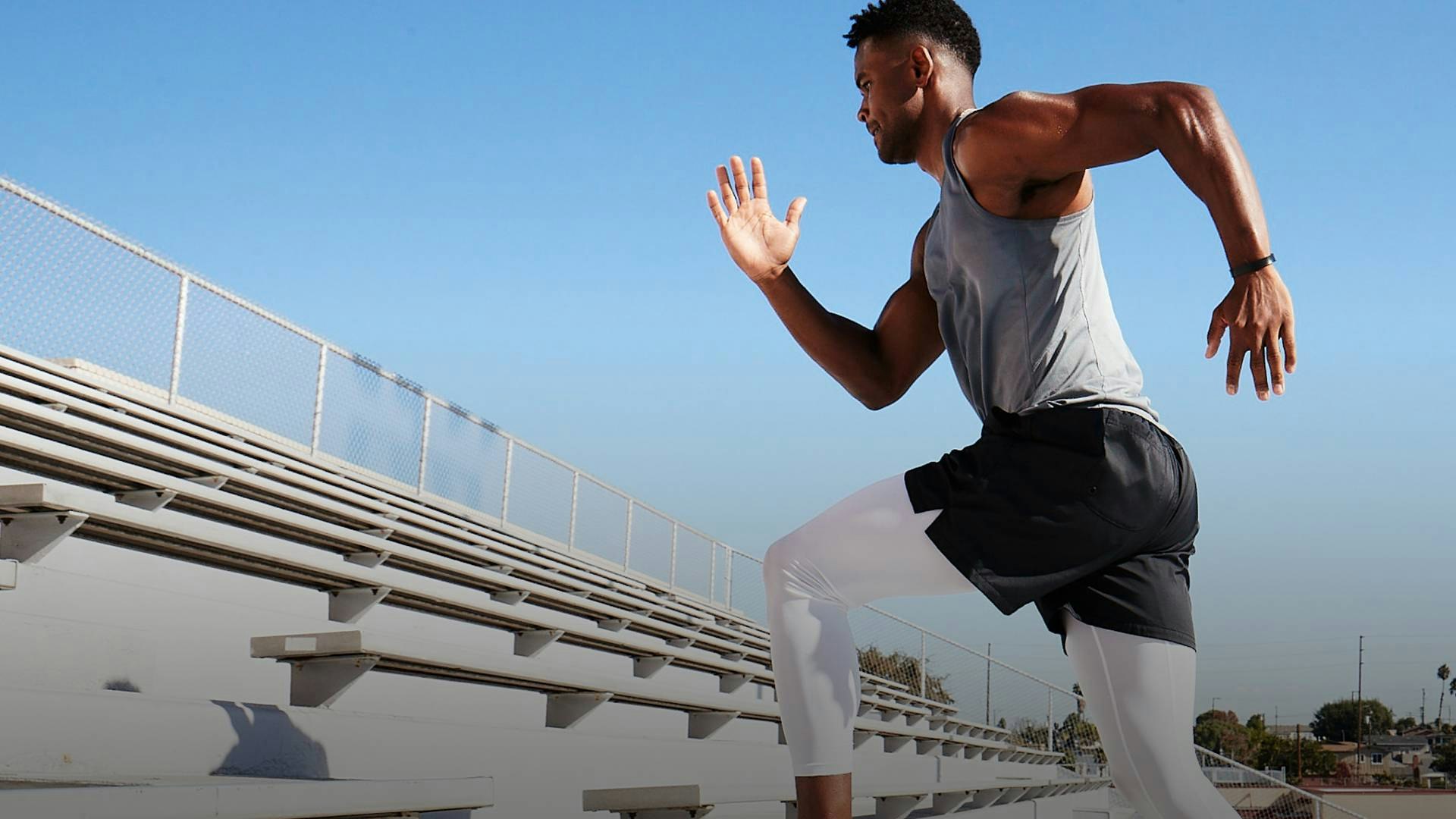
Performance
How Vitamin D Supports Athletic Performance

When you think about building an elite athlete, protein, hydration, and carbs probably top the list. But there's one powerhouse nutrient that's often overlooked—vitamin D.
This “sunshine vitamin” isn’t just about bones. It plays a huge role in muscle strength, immune support, and bone strength . And here’s the kicker: most athletes aren’t getting enough.
Why Vitamin D Matters for Athletes
Vitamin D isn’t just a vitamin—it acts like a hormone, switching genes on and off to support over 2,000 body processes. That includes helping your muscles contract, your immune system function, and your bones stay strong.
The Blood Test That Tells All
The best way to check your vitamin D status? A blood test measuring 25(OH)D levels.
<50 nmol/L (or <20 ng/ml): Deficient
50–75 nmol/L (or 20–30 ng/ml): Insufficient
75–100+ nmol/L (or 30–40+ ng/ml): Sufficient to optimal for athletes
Athletes aiming for peak performance and efficient recovery should shoot for sufficient levels of vitamin D.
Getting Enough: Sun, Food & Supplements
Here’s the reality: few foods contain enough vitamin D, and even sunny climates don’t guarantee you’re covered—especially with sunscreen, long sleeves, or early morning training. Depending on where you live, the UV rays may not be strong enough during certain times of the year to elicit vitamin D synthesis.
Best practices:
Get 5–30 minutes of sun exposure (arms, legs, back) several times a week, near solar noon
Discuss supplementing with 1,500–2,000 IU daily with your doctor, especially in winter or if you train indoors
Don’t count on food alone—only a few options like cold-water fatty fish or fortified milk contain Vitamin D
Who Should Get Tested?
Testing is smart for any athlete, but especially if you:
Train indoors or live at northern latitudes
Have a history of stress fractures, frequent illness, or overtraining
Follow a restrictive diet
Experience ongoing muscle pain or fatigue
Vitamin D, Immunity, and Recovery
In-season or during high training loads, it is key to support your immune system. Vitamin D supports a healthy immune system by triggering antimicrobial peptides in the respiratory tract.
Practical Takeaways for Coaches and Athletes
Test and track: Know your vitamin D status and recheck every season
Supplement smart: work with a sports RD or physician to determine how much D3 to consume, especially in winter or if sun is limited
Time it right: Sun exposure is most effective midday with skin exposed
Stay consistent: Daily habits matter more than occasional boosts
Gatorade Sports Science Institute
Original study written by Enette Larson-Meyer